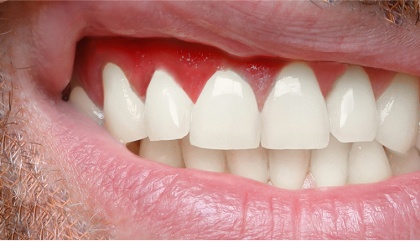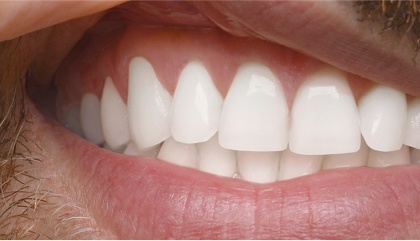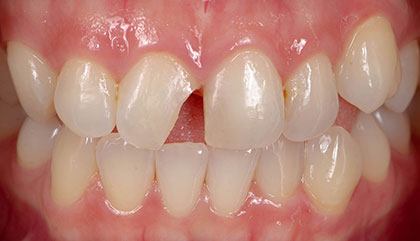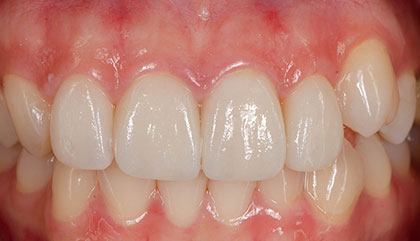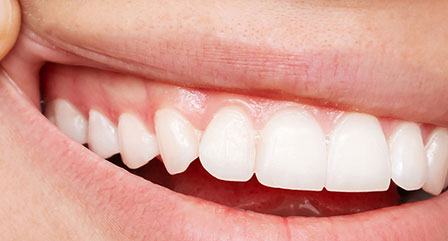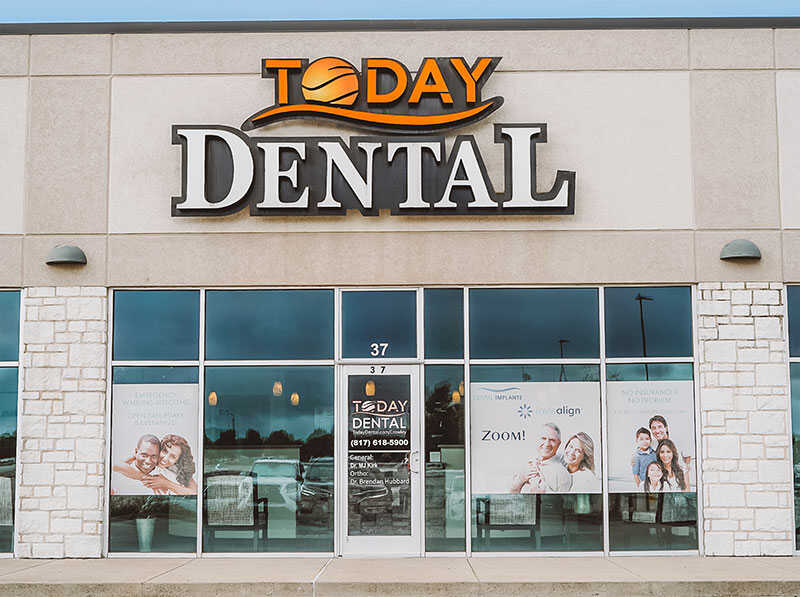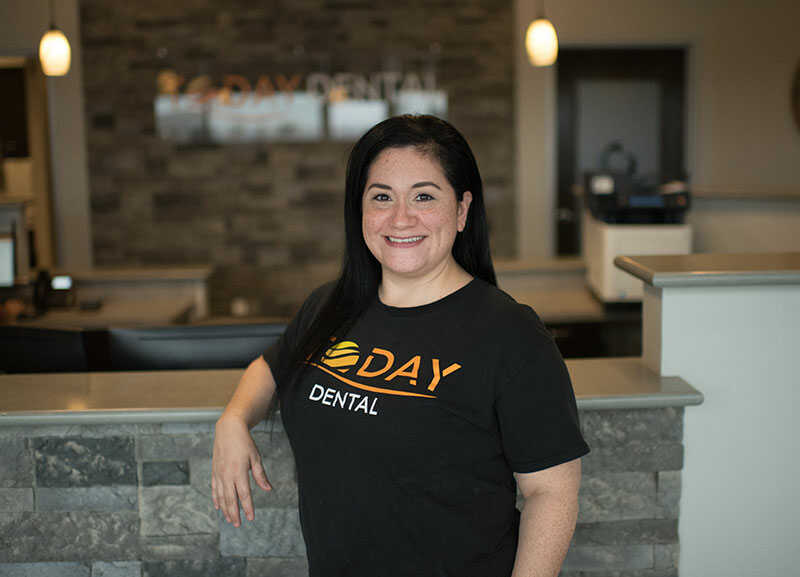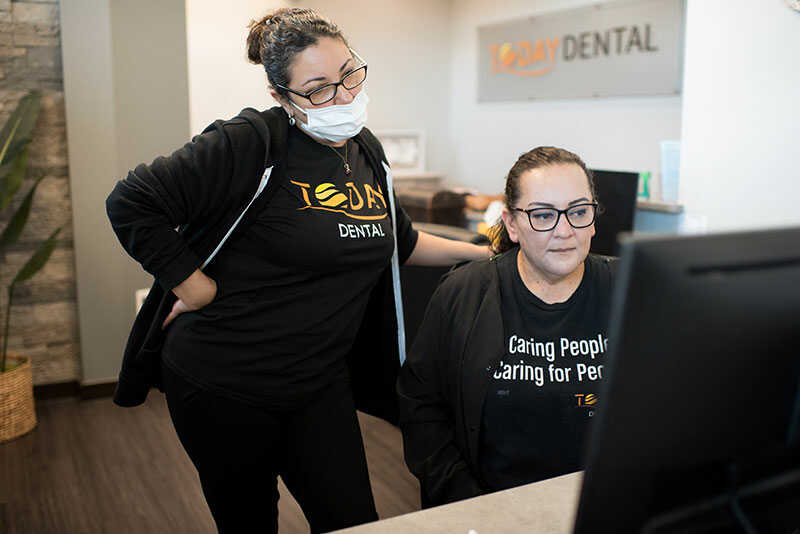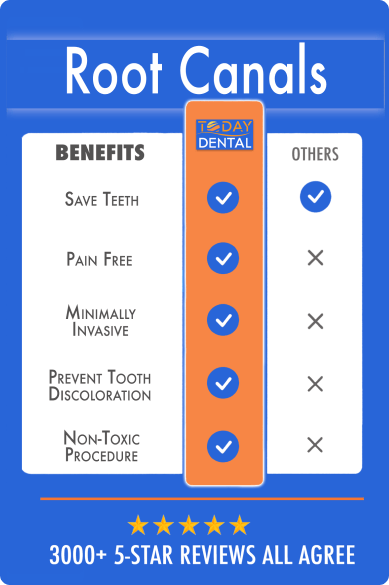
Your Crowley Dentist

Opening Hours
| Day | Hours |
|---|---|
| Monday | 8:30 a.m. - 5:30 p.m. |
| Tuesday | 8:30 a.m. - 5:30 p.m. |
| Wednesday | 8:30 a.m. - 5:30 p.m. |
| Thursday | 8:30 a.m. - 5:30 p.m. |
| Friday | 8:30 a.m. - 3:00 p.m. |
| Saturday | 8:00 a.m. - 2:00 p.m. |
| Sunday | Closed |
Your Crowley ROOT CANAL EXPERTS
Frequently Asked Questions
Root canal jitters got you down? We get it!
Modern dentistry offers a far cry from the procedures of the past. Local anesthesia ensures minimal discomfort, and many patients report feeling much less anxious than they expected. Let our experienced team guide you through the process comfortably.
Root canals and tooth strength: Separating fact from fiction.
There is some truth to the idea that larger back teeth, especially molars, can be more vulnerable to fractures after a root canal. This happens because they lose their blood supply and become slightly brittle. To address this, dentists often recommend placing a crown on back teeth after the procedure for added strength. However, front teeth typically don't require crowns following root canal treatment.
Looking for a quick solution? Same-day root canals are available!
At Today Dental of Crowley, we understand the importance of swift pain relief and respect your time. We dedicate specific slots in our schedule for same-day root canals, aiming to get you out of pain and back to your daily life as quickly as possible. In the rare instance our office is closed, we'll work with our partner clinic to connect you with immediate care.
Pain-free doesn't always mean problem-free. Here's why.
It's important to understand that a root canal might be necessary even when you experience no pain. This often indicates the tooth is already "dead" (lacking a nerve), explaining the absence of discomfort. However, the infection inside the tooth can still spread and lead to serious complications like abscesses if left untreated. Our dentists utilize a comprehensive approach, including X-rays, to diagnose the true condition of your tooth and recommend the most appropriate treatment option.
Extraction vs. Root Canal: Weighing the long-term benefits.
While extracting a tooth may seem like a simpler solution initially, it can often lead to greater financial burdens down the road. Replacing a missing tooth with implants or dentures can be significantly more expensive than saving the natural tooth with a root canal (and potentially a crown). Additionally, each tooth plays a vital role in maintaining the structure and function of your jaw, preventing surrounding teeth from shifting and causing misalignment. Choosing a root canal can not only save you money but also contribute to a long-term healthy and stable smile, preserving your natural teeth for optimal chewing function and aesthetics.

